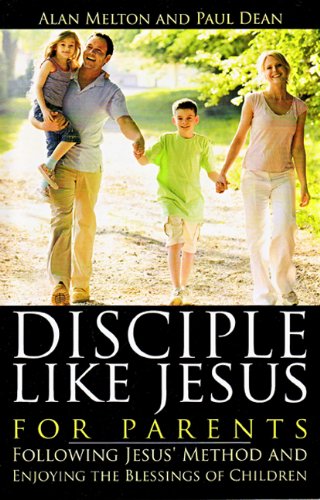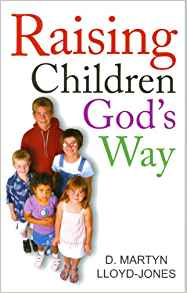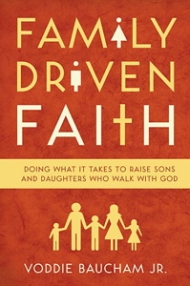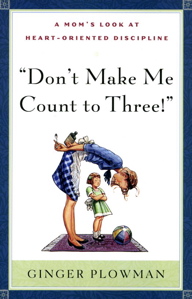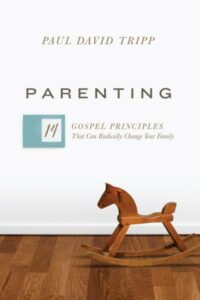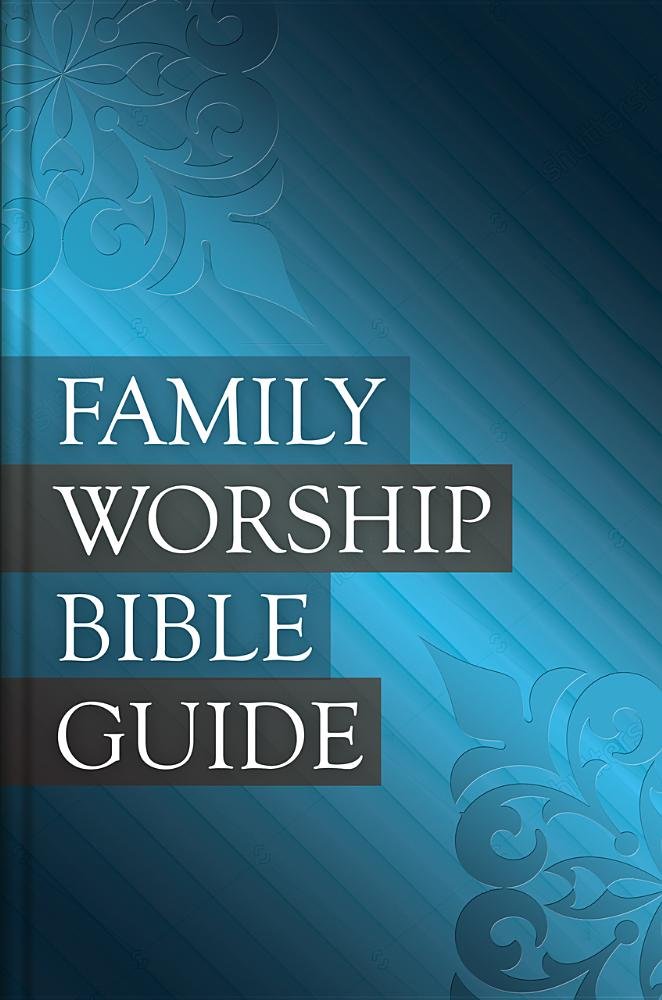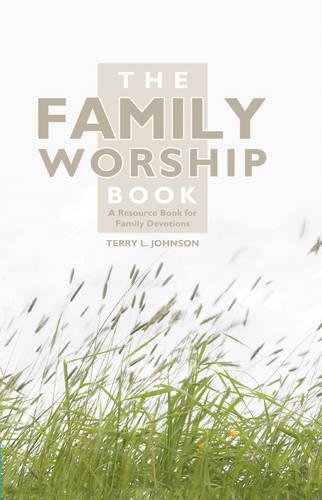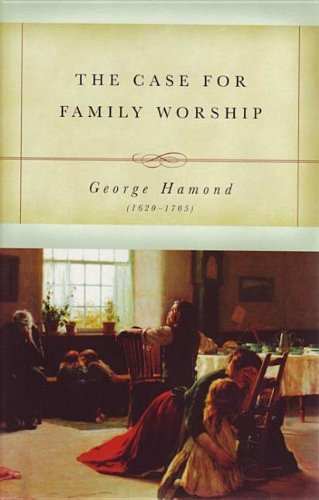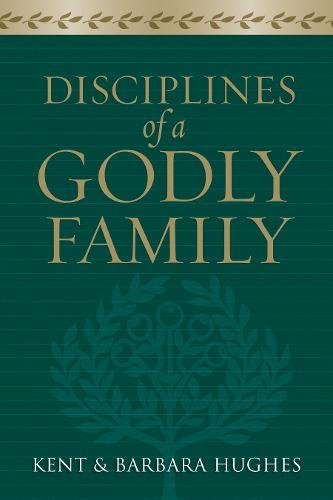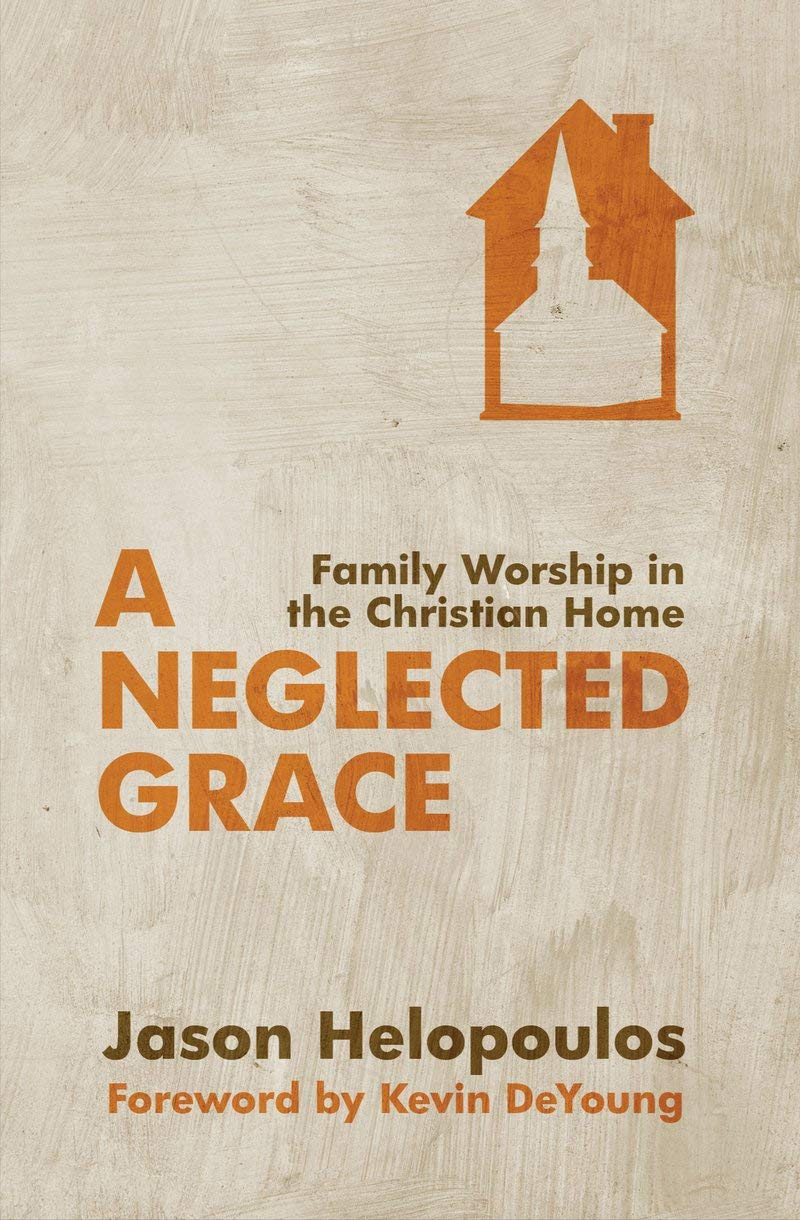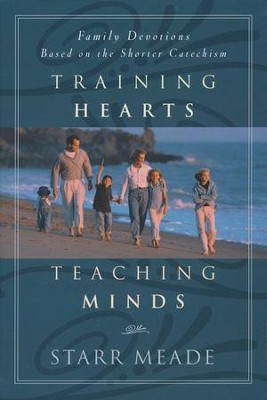The Apostolic Constitutions is a collection of early church law dated by scholars as being predominantly from the second or third century, with only a few additions from the fourth and fifth centuries. We need not accept the claim of the Constitutions to apostolic authorship, although that was the view of the church of that day. However, even if the words of some or all of the apostles may be found in The Apostolic Constitutions, that would not mean that those words have the authority of the Bible.
Apostolic authorship is not the basis for the formation of the collection of books which we find in Scripture. If it were, why do we not have Paul’s letter to the Laodiceans or the other letter to the Corinthians which he mentioned? And if we found all or part of one of these letters today, would it be authoritative? No, the Lord has preserved His word in the Bible which we have. The Holy Spirit convinced the Church as a whole as to which writings of the Apostles and non-Apostles, such as Mark and Luke, spoke His word, before any ‘official’ lists were compiled.
So then, although The Apostolic Constitutions was viewed as Apostolic but not Scripture by the ancient Church, it can provide us with important information. These documents attest to the continuation into the third century or later of norms of church practice based on Biblical commands regarding family life. For example, the qualifications for ‘bishops’ early in Book II, section III of The Apostolic Constitutions states that the candidate for ordination should be examined to determine ‘whether he hath a grave, faithful wife, or has formerly had such a one; whether he hath educated his children piously, and has ‘brought them up in the nurture and admonition of the Lord;’ whether his domestics do fear and reverence him, and are all obedient to him: for if those who are immediately about him for worldly concerns are seditious and disobedient, how will others not of his family, when they are under his management, become obedient to him?’
In Book III, section VI, of The Apostolic Constitutions women are prohibited from teaching on the grounds of the headship of the man: ‘We do not permit our ‘women to teach in the Church,’ but only to pray and hear those that teach; for our Master and Lord, Jesus Himself, when He sent us the twelve to make disciples of the people and the nations, did nowhere send out women to preach, although He did not want [lack] such. For there were with us the mother of our Lord and His sisters; also Mary Magdalene, and Mary the mother of James, and Martha and Mary the sisters of Lazarus; Salome, and certain others. For, had it been necessary for women to teach, He Himself had [would have] commanded these also to instruct the people with us. For if ‘the head of the wife be the man,’ it is not reasonable that the rest of the body should govern the head.’
Book IV, section II of The Apostolic Constitutions paraphrases Paul’s command to fathers: ‘Ye fathers, educate your children in the Lord, bring them up in the nurture and admonition of the Lord.’ Other Biblical injunctions to fathers in this connection also are cited, including the Proverbs. This application is made: ‘He, therefore, that neglects to admonish and instruct his own son, hates his own child. Do you therefore teach your children the word of the Lord. Bring them under with cutting stripes, and make them subject from their infancy, teaching them the Holy Scriptures, which are Christian and divine, and delivering to them every sacred writing, ‘not giving them such liberty that they gain mastery,’ and act against your opinion, not permitting them to club together for a treat with their equals. For so they will be turned to disorderly courses, and they will fall into fornication; and if this happens by the carelessness of their parents, those that begat them will be guilty of their souls.’ The words about physical discipline are more severe than warranted by Scripture.
The Apostolic Constitutions emphasizes the unity of the relationship of a husband and his wife. Wives are called their husbands’ ‘partners in life.’ They were to be together in their Christian lives, citing Proverbs 5:18, ‘for if thou beest every way encompassed with her friendship, thou wilt be happy in her society.’ The passage cited continues with Paul’s words but goes on to make a remarkable application of Malachi to assert the spiritual unity of husband and wife: ‘Love them therefore as your own members, as your very bodies; for so it is written, ‘the Lord has testified between thee and the wife of thy youth; and she is thy partner, and another has not made her; and she is the remains of thy spirit;’ and ‘take heed to your spirit, and do not forsake the wife of thy youth.’


